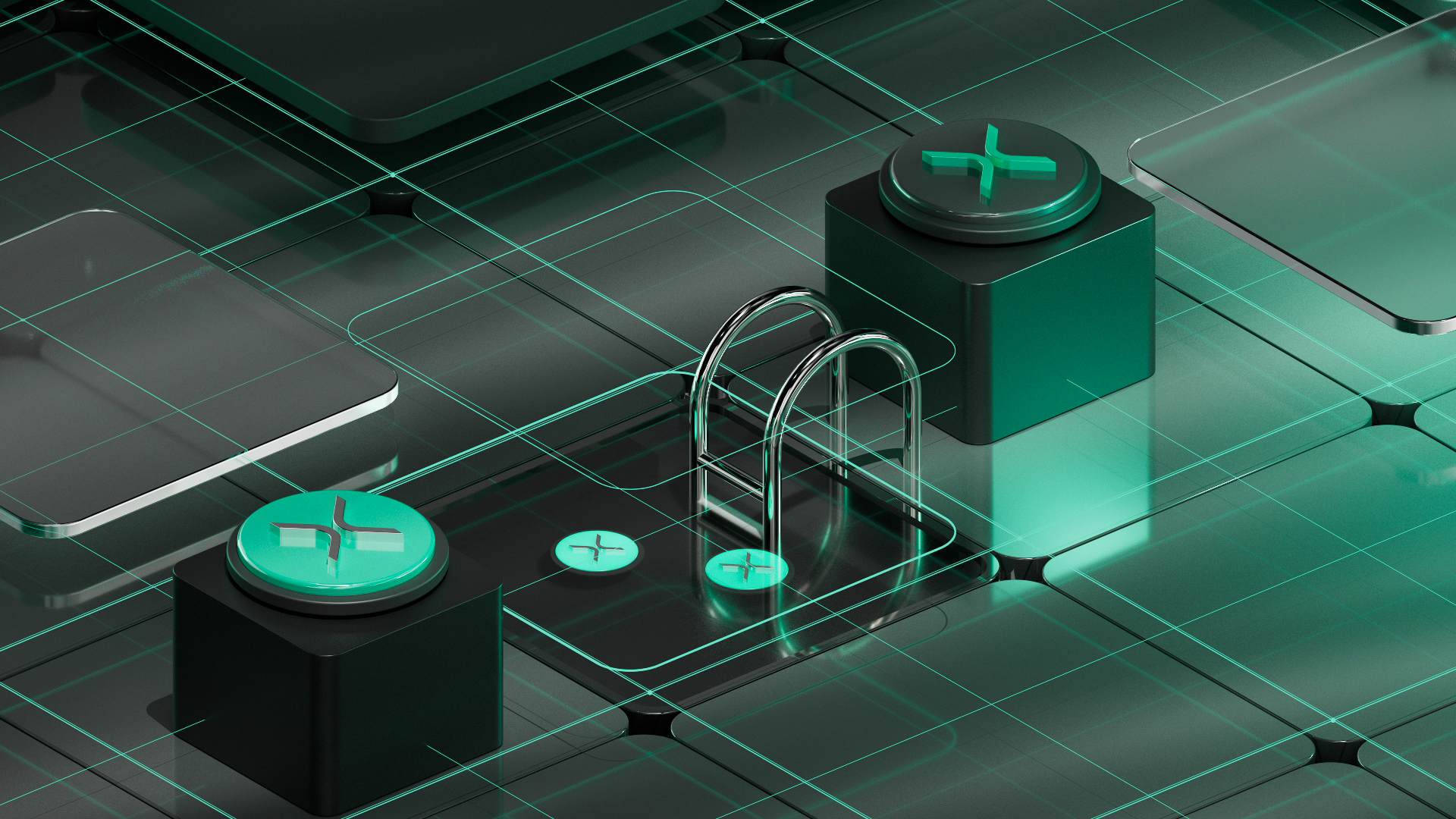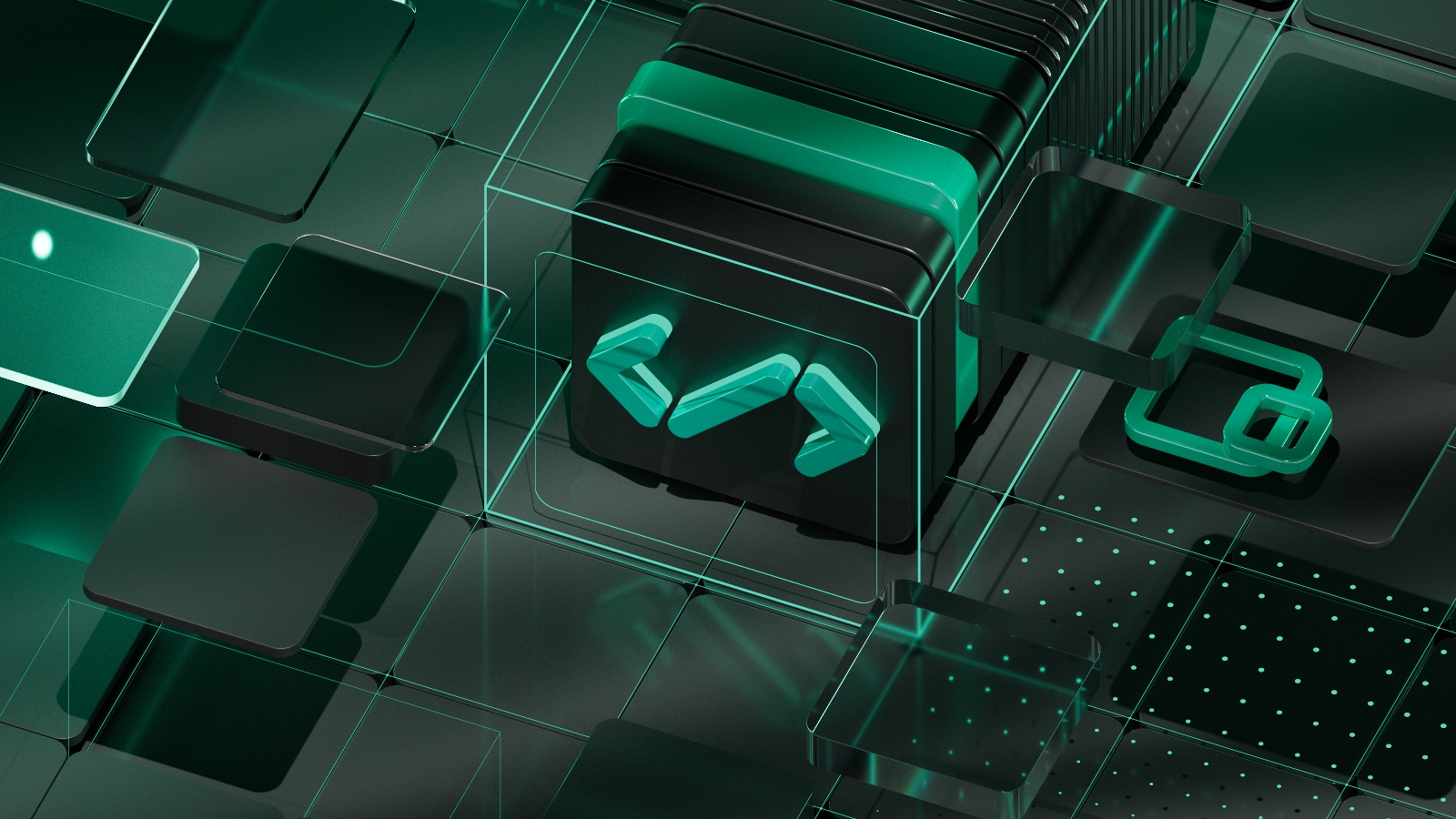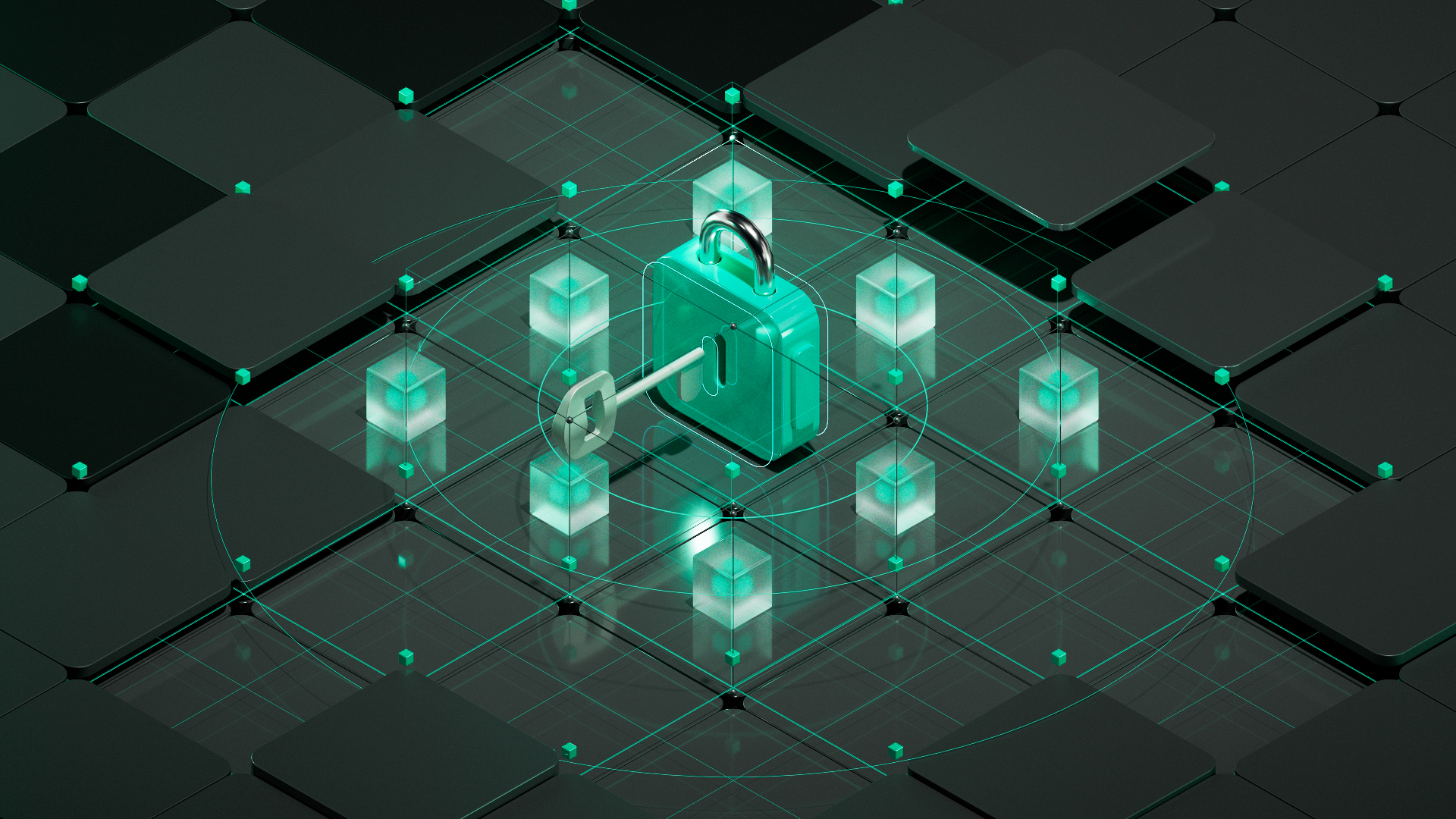Navigating the Safety of Digital Wallets: Types and Best Practices
Over the past half-decade, digital wallets have experienced an unprecedented surge in adoption, accounting for almost 50% of global e-commerce transactions according to Global Payment Systems (GSP). While their rise in popularity is understandable to many, the mechanisms of their operation and safety remain a mystery to some.
It’s crucial to recognize that digital wallets come in two forms: hot wallets and cold wallets. This article aims to delineate how they function and which type may best suit your needs. We begin by outlining the merits and drawbacks of each wallet variety and then transition into the top practices for wallet safety to maximize your asset protection.
Digital wallets, also known as e-wallets or electronic wallets, are virtual storage systems that allow individuals to securely store, manage, and transact with their digital assets. These assets can include cryptocurrencies, such as XRP, Bitcoin or Ethereum, as well as traditional currencies like dollars or euros. Digital wallets typically consist of software applications or online platforms that provide a user-friendly interface for accessing and controlling the stored assets.
They utilize encryption and security measures to protect the user’s information and facilitate secure transactions. Digital wallets enable users to make online purchases, transfer funds, pay bills, and engage in various financial transactions conveniently and securely, often through mobile devices or computers. They offer a convenient and efficient alternative to traditional physical wallets by eliminating the need for physical cash and cards while providing easy access to digital currencies and other assets.
Types of Digital Wallets
Hot Wallet (Software Wallet): A hot wallet is an internet-connected mechanism that enables you to store, send, and receive certain tokens or assets. The wallet is tethered to public and private keys that facilitate transactions and provide a degree of security.
Advantage: User-friendly interface and optimal for online purchases.
Disadvantage: Increased susceptibility to hacks and theft due to internet storage and connection.
Cold Wallet (Hardware Wallet): A cold wallet stores cryptocurrencies offline, safeguarding your assets from unwanted access and threats. Access is exclusive to those with the physical wallet (resembling a USB) or the recovery/seed phrase.
Advantage: High-level security derived from offline storage. Access is exclusively granted through necessary codes.
Disadvantage: Inconvenient for regular, day-to-day use. If you misplace your wallet password and seed phrase, the stored assets are lost permanently.
Best Practices
The following are some of the crucial practices to observe when dealing with digital wallets:
Safeguard Your Private Keys & Seed Phrases: Never disclose these to anyone; no legitimate company, organization, or individual will ever require them. If possible, store these keys/passwords offline (e.g., on a piece of paper). Safe deposit boxes at banks are also a good option.
Implement Two-Factor or Multi-Factor Authentication: Extra layers of security fortify your wallet. Additional authentication layers complicate unauthorized access as the intruder would need your phone or any other device linked to the authentication process.
Steer Clear of Public Wi-Fis: Public Wi-Fi networks can be risky. Avoid using them to access your wallet as hackers can exploit them to access your personal information.
Store Savings in a Cold Wallet: A hardware wallet is a secure method to store funds and reduce the risk of being hacked. They aren’t connected to the internet and require a seed phrase and/or password to access funds (stored offline).
Employ a Password Manager: Password managers are ideal for generating and storing passwords for your hot wallets (cold wallet passwords must be kept on paper and offline). They can produce strong, unique passwords for each digital wallet or financial account you possess.
To ensure the safety of your digital assets, you must adhere to these wallet safety practices. Both types of wallets have their unique strengths and weaknesses. A hot wallet offers convenience for on-the-go use or instant transactions, while a cold wallet is perfect for storing savings and bolstering security. Ultimately, the choice depends on individual preferences.




